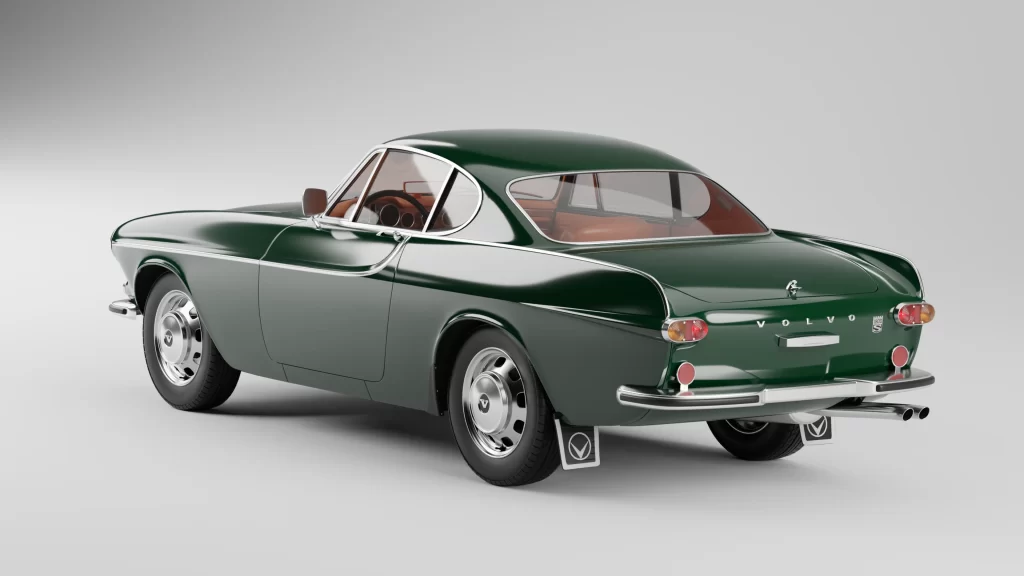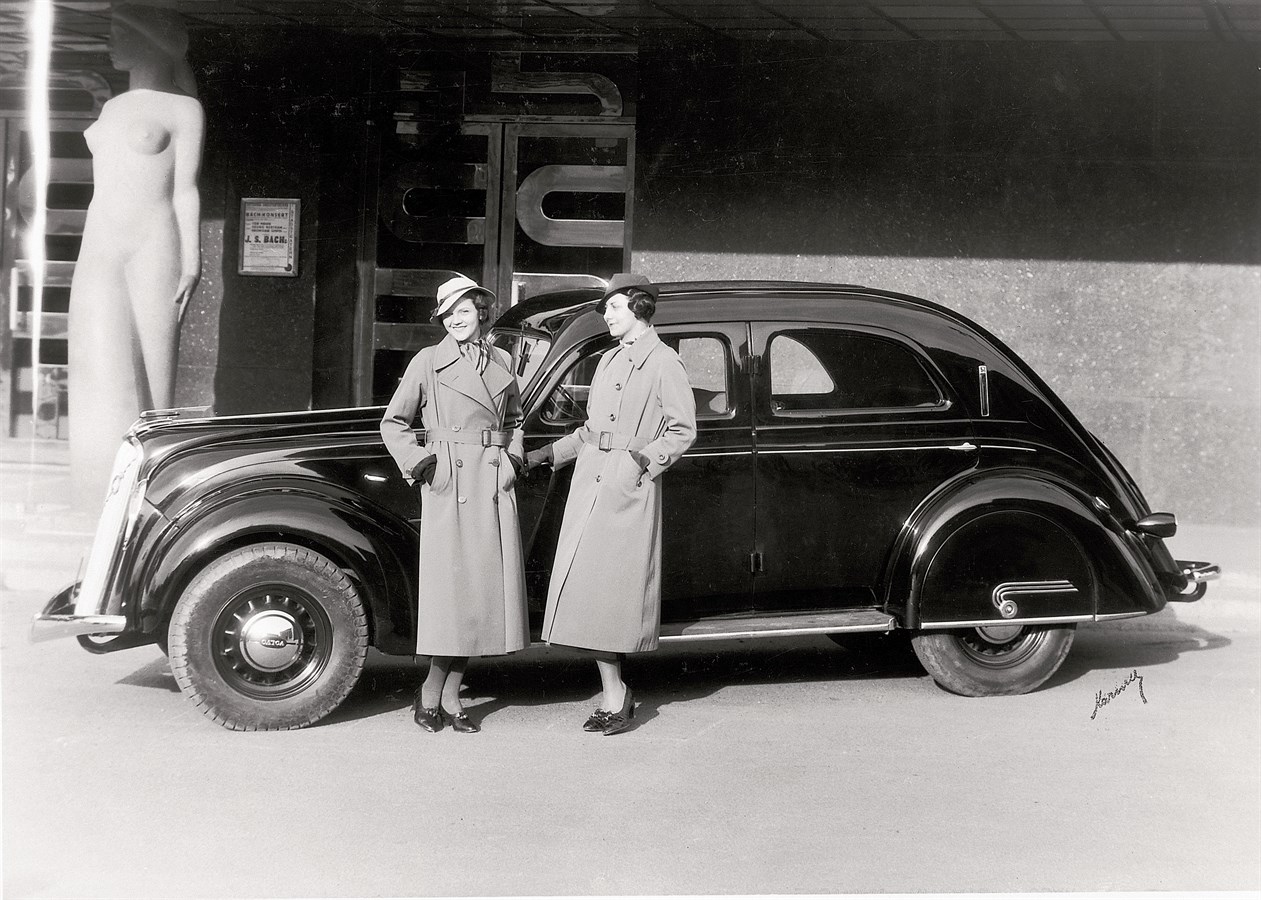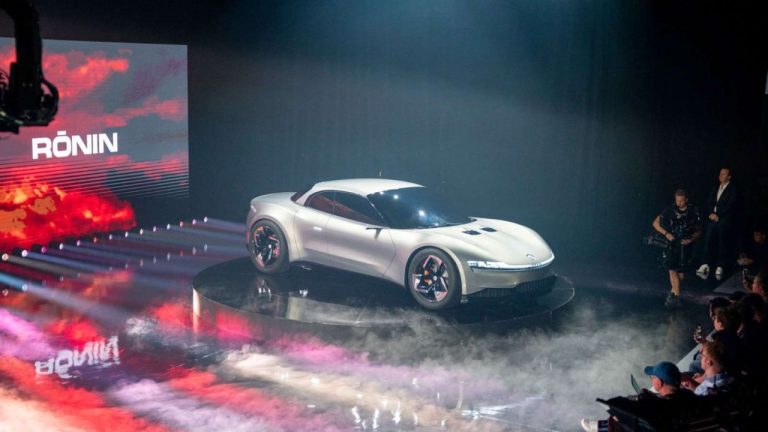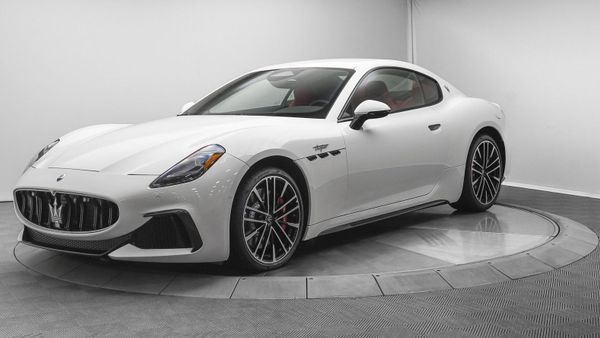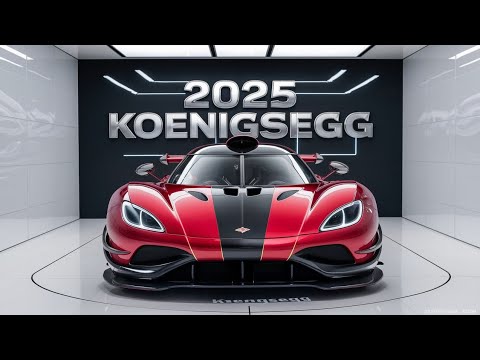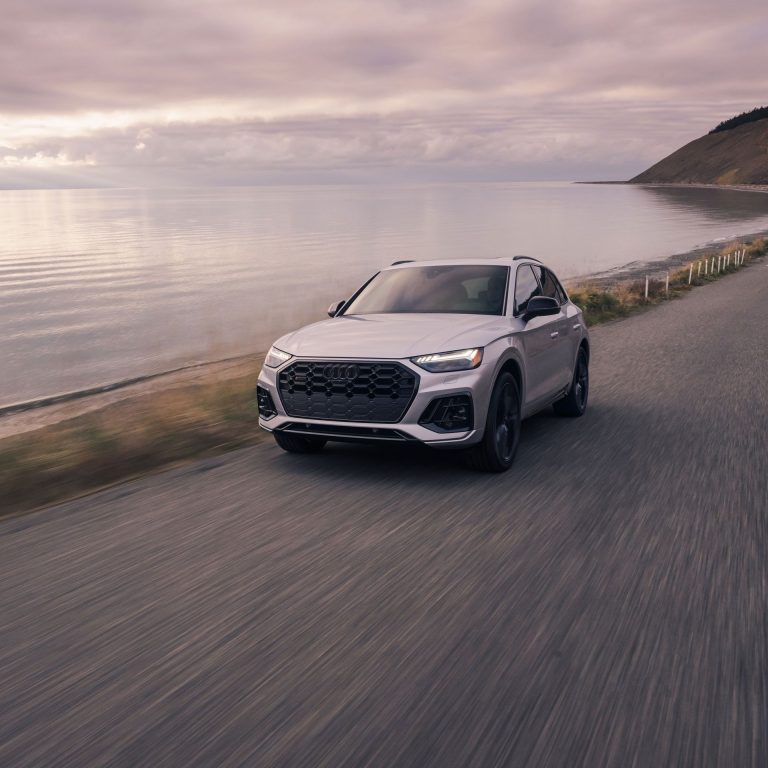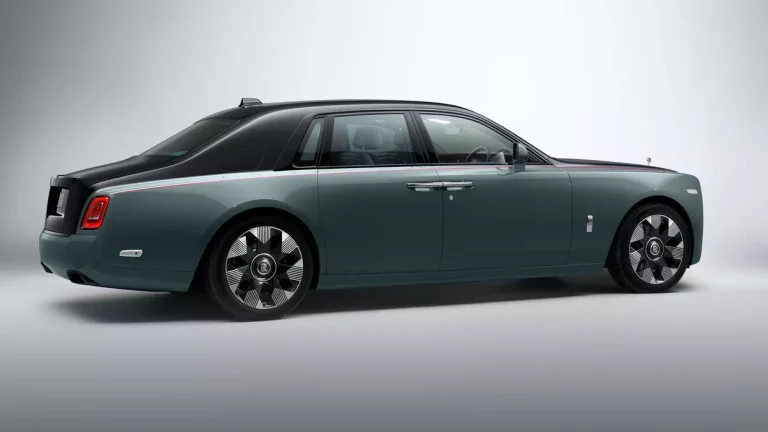Volvo – ”jag rullar”
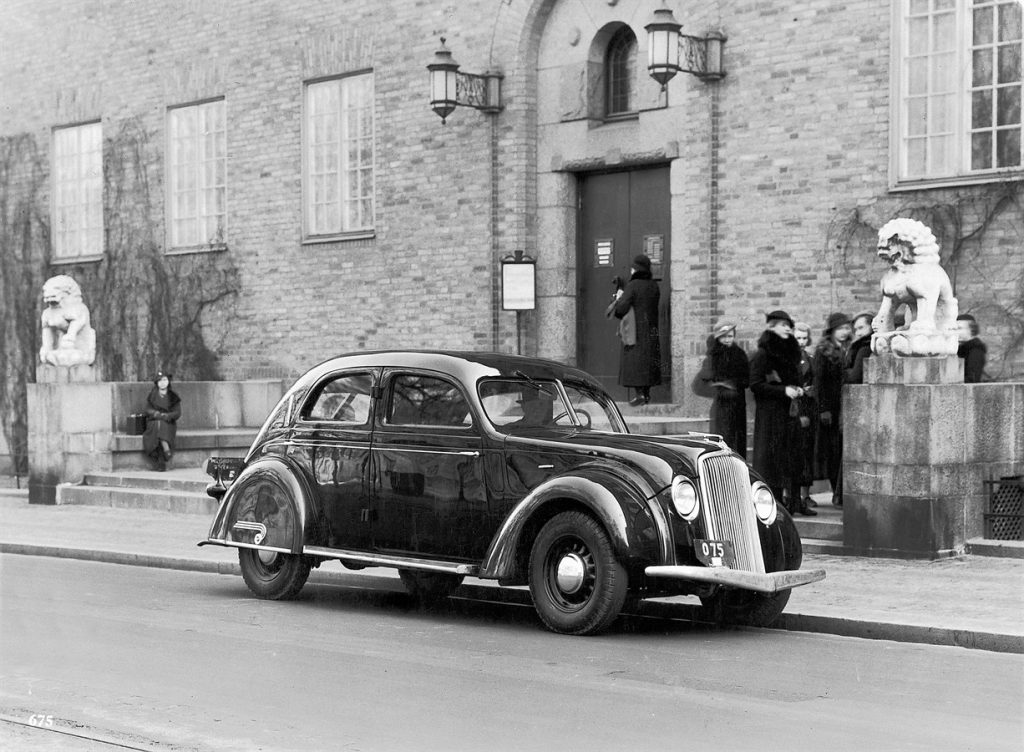
The Pinnacle of Safety, Innovation, and Scandinavian Luxury
Volvo is one of the most respected and innovative automotive brands in the world, known for its uncompromising commitment to safety, Scandinavian design, and cutting-edge technology. With a legacy built on durability, reliability, and environmental responsibility, Volvo has evolved from a Swedish automaker into a global luxury brand that competes with Mercedes-Benz, BMW, and Audi.
But how did Volvo become a pioneer in automotive safety? What technological breakthroughs define its success? How has the company performed financially in recent years? In this essay, we will explore Volvo’s history, engineering achievements, financial performance, modern models, and its lasting influence on the automotive industry.
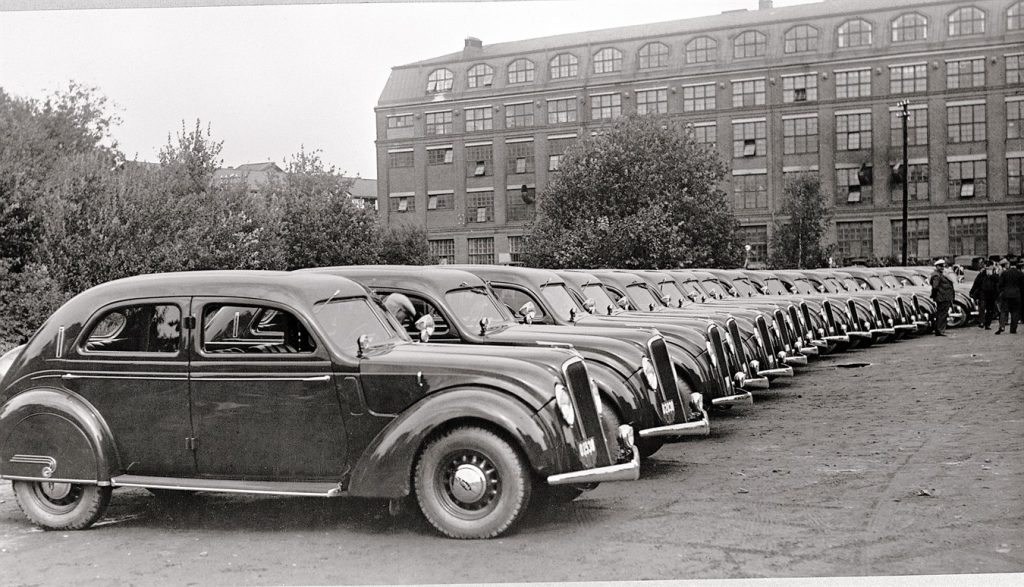
The History and Evolution of Volvo
Founding and Early Years
Volvo was founded in 1927 in Gothenburg, Sweden, by Assar Gabrielsson and Gustaf Larson. Their vision was to build cars that could withstand Sweden’s harsh roads and extreme weather conditions. The first car, the Volvo ÖV4, was a sturdy and reliable open-top vehicle.

Post-War Expansion and Global Recognition
During the 1950s-1970s, Volvo established itself as a leader in safety and innovation, introducing:
- Volvo PV444 (1947-1958) – The car that made Volvo famous worldwide.
- Volvo Amazon (1956-1970) – The first car equipped with three-point seat belts.
- Volvo 240 Series (1974-1993) – One of the safest and most durable cars ever made.
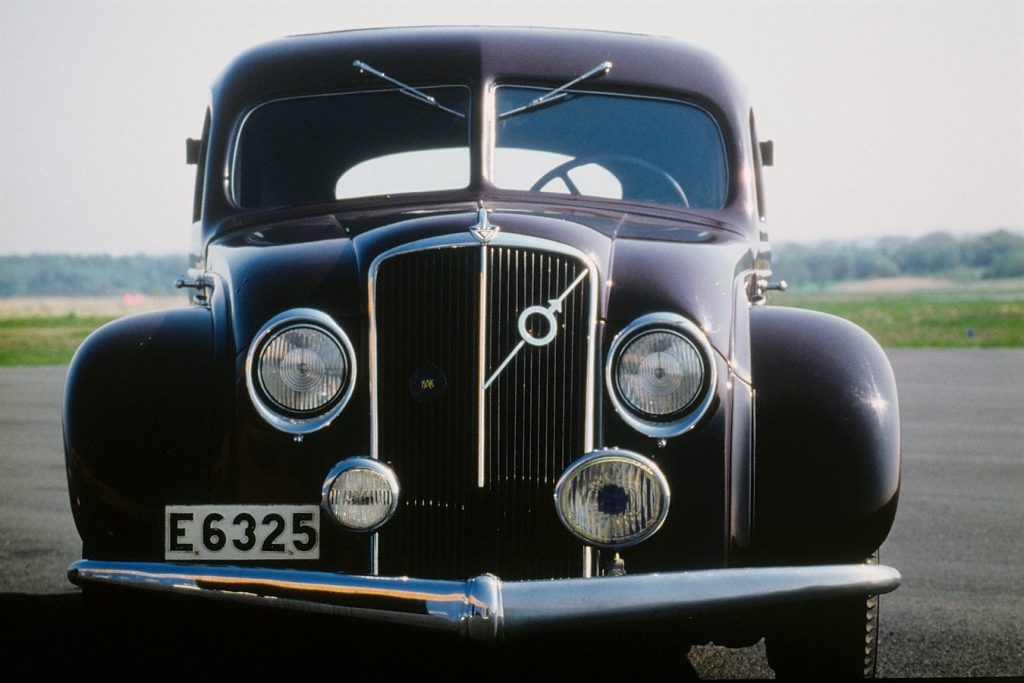
By the 1980s and 1990s, Volvo had become a symbol of safety, practicality, and Scandinavian luxury, with iconic models like:
- Volvo 850 (1991-1996) – The first Volvo with a front-wheel-drive layout.
- Volvo XC90 (2002-present) – One of the world’s safest SUVs, revolutionizing the luxury SUV segment.
The Ford Era and Geely Acquisition
In 1999, Volvo’s car division was sold to Ford, which helped modernize the brand but also limited its independence. In 2010, Volvo was acquired by Geely (China), leading to a new era of innovation, electrification, and global expansion.
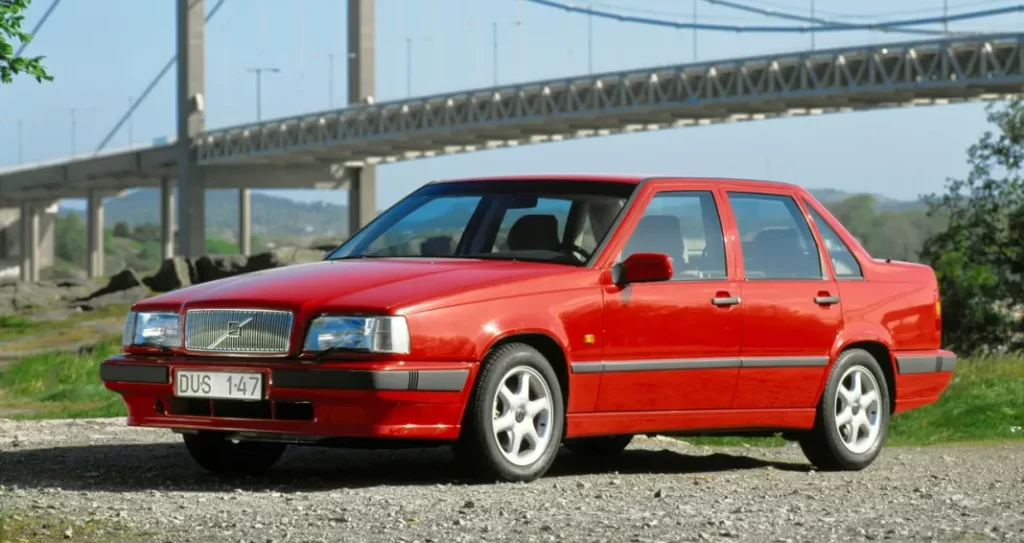
Technological Achievements and Innovations
Volvo has pioneered numerous safety and technological advancements, including:
- Three-Point Seat Belt (1959) – Invented by Volvo engineer Nils Bohlin, saving over a million lives.
- Side Impact Protection System (SIPS) – A breakthrough in crash safety.
- Whiplash Protection System (WHIPS) – Reducing neck injuries in rear-end collisions.
- City Safety System – Automatic emergency braking, now standard in all Volvos.
- Pilot Assist – Volvo’s semi-autonomous driving technology.
- Fully Electric & Hybrid Technology – Volvo aims to be fully electric by 2030.
Volvo’s safety-first philosophy has shaped modern automotive standards worldwide.
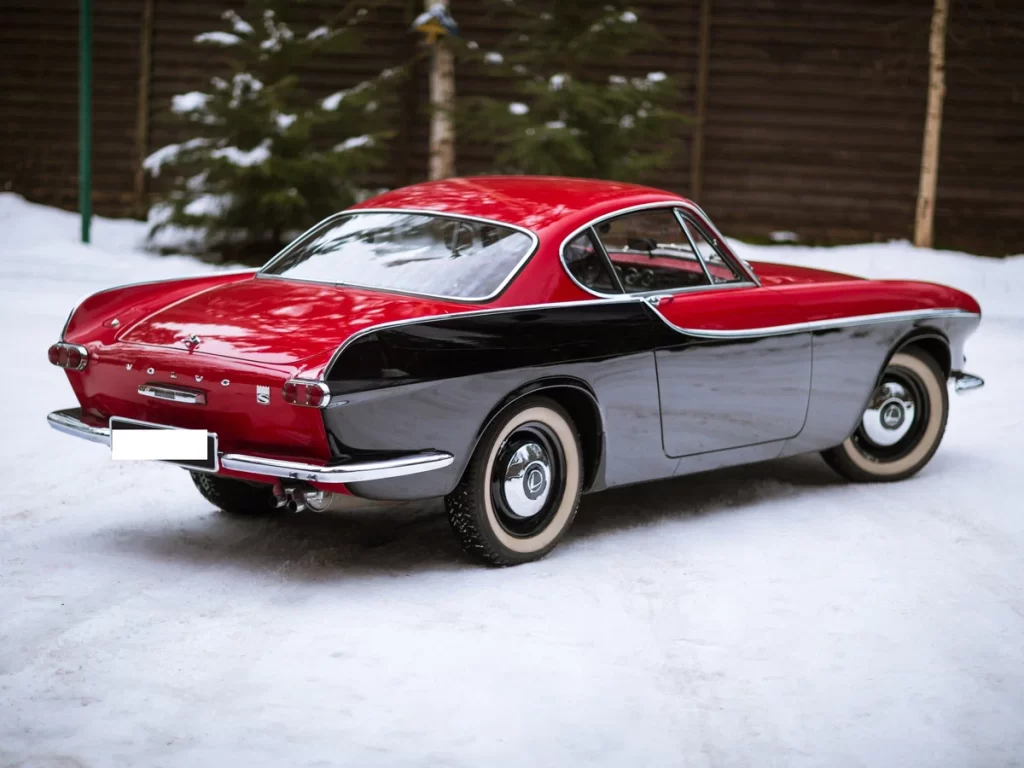
Modern Models and Recent Launches
Recent Volvo Model Debuts
Under Geely’s ownership, Volvo has introduced several groundbreaking models:
- Volvo EX90 (2024) – A fully electric, high-tech luxury SUV.
- Volvo EX30 (2023) – A compact electric SUV with advanced safety features.
- Volvo XC60 Recharge (2022) – A plug-in hybrid version of the popular midsize SUV.
- Volvo S90 & V90 (2020-present) – Flagship luxury sedan and wagon models.
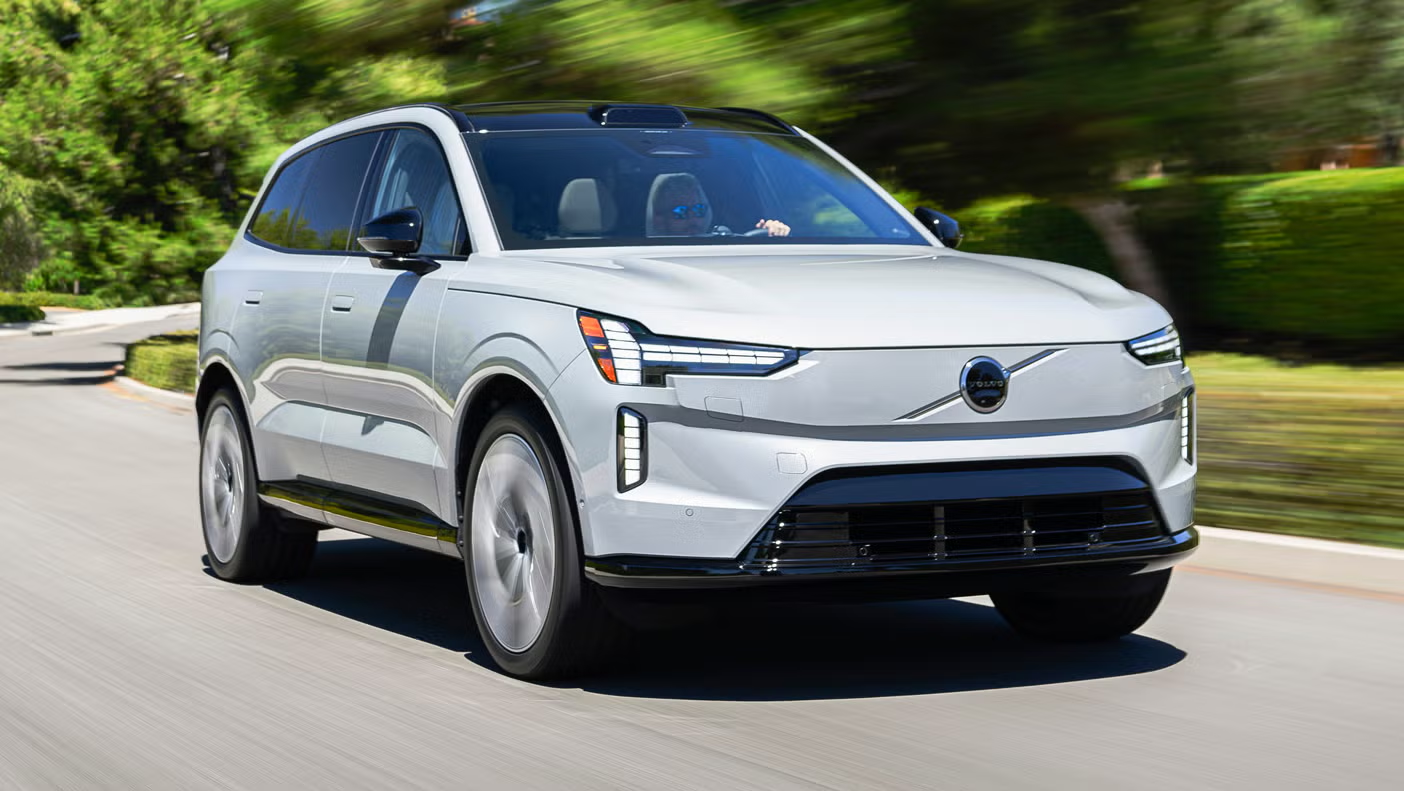
Volvo’s focus on electrification, autonomous driving, and premium sustainability makes it a leader in the future of mobility.
Financial Performance and Market Value
Volvo has experienced strong financial growth in recent years:
- 2021: Revenue of $39.9 billion, record-breaking global sales of 698,693 vehicles.
- 2022: Continued growth, despite supply chain challenges, with 615,121 cars sold.
- 2023: Strong focus on electric vehicle (EV) sales, with over 30% of total deliveries being hybrid or electric models.
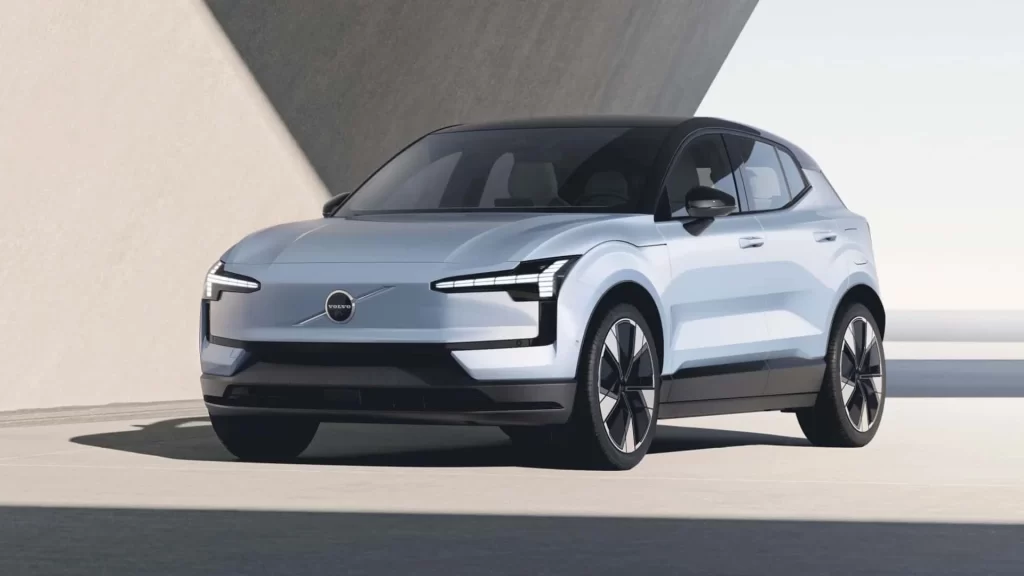
As of 2024, Volvo’s market capitalization is around $25 billion, positioning it as a strong competitor in the premium automotive segment.
The Most Expensive and Collectible Volvo Models
Most Expensive Volvo Cars
- Volvo EX90 (2024) – $80,000+, Volvo’s flagship electric luxury SUV.
- Volvo XC90 T8 Excellence (2017-2020) – $105,000, a premium hybrid SUV.
Classic Volvo Collector Cars
- Volvo P1800 (1961-1973) – A classic sports coupe, valued at $80,000+.
- Volvo 240 Turbo (1981-1985) – A legendary racing sedan, worth $50,000+.
- Volvo Amazon 123GT (1967-1970) – A rare performance variant, valued at $70,000+.
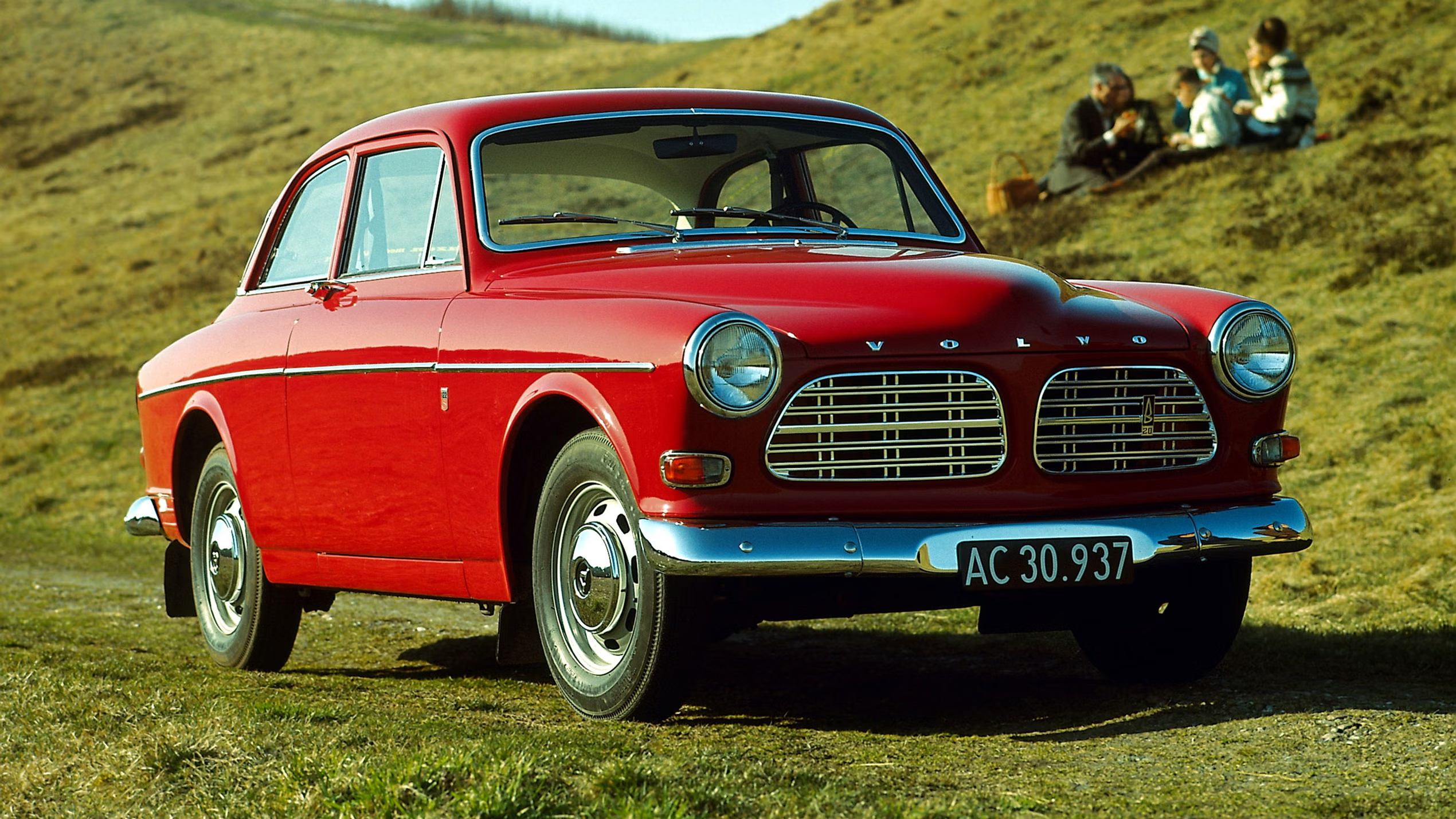
Due to Volvo’s reputation for durability, many of its classic models have become valuable collectibles.
Famous Volvo Owners
Volvo has been a favorite among celebrities, intellectuals, and leaders who appreciate safety and Scandinavian design. Some notable Volvo enthusiasts include:
- Paul Newman – Owned a highly modified Volvo 740 Turbo.
- Jay Leno – Has a rare Volvo P1800 in his collection.
- Roger Moore – Drove a Volvo P1800 in “The Saint” TV series.
- David Letterman – Owns a Volvo 960 wagon with a V8 swap.
- Eric Clapton – A long-time Volvo fan.
Volvo’s reputation for discreet luxury, safety, and reliability makes it a popular choice among professionals and artists.
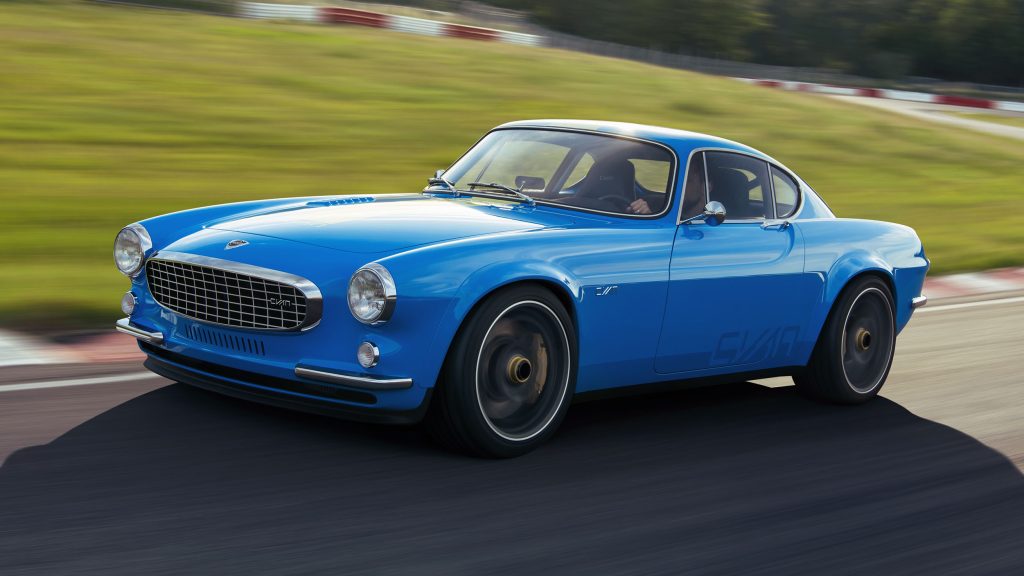
Conclusion
Volvo is more than just a car brand—it represents innovation, safety, and sustainability. From inventing the three-point seat belt to leading the electric revolution, Volvo continues to shape the future of the automotive industry.
With its commitment to safety, Scandinavian luxury, and technological advancements, Volvo remains one of the most respected and forward-thinking automakers in the world. Whether in family cars, luxury SUVs, or high-tech EVs, Volvo’s dedication to protecting lives and improving mobility makes it a true pioneer of automotive excellence.
